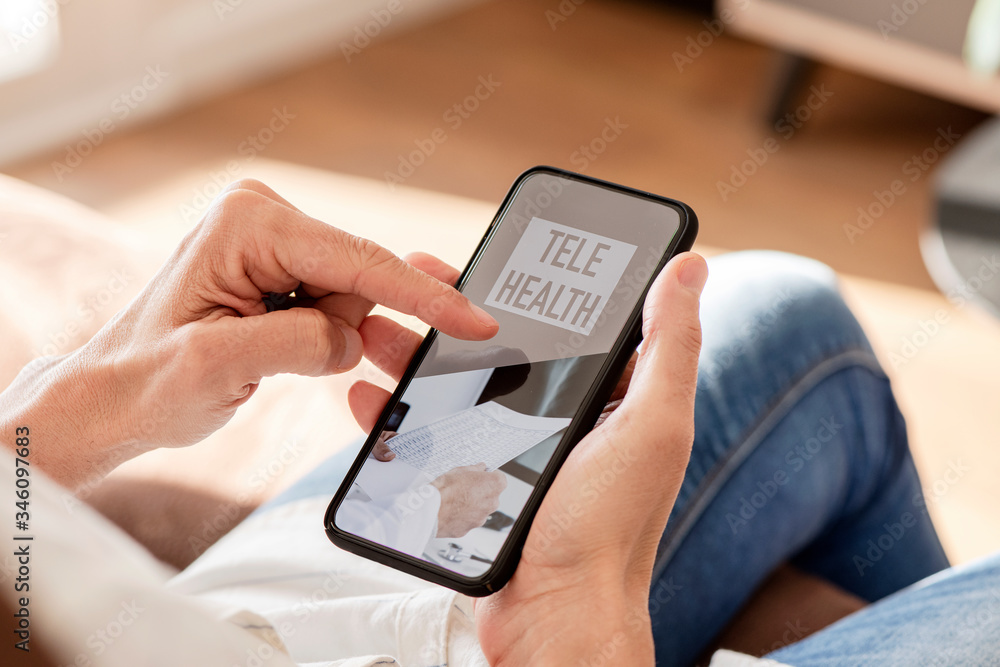Have you heard about apps that push you to exercise more or help you improve your mental health? These apps are all part of the wider category of digital therapeutics (DTx). the third and latest generation of therapeutics, or medical treatments. The first generation was led by big companies such as Pfizer and Bayer, and the second generation, cell and gene therapy, was supported by companies like Amgen. DTx is starting to have a larger presence in pharmaceuticals by coupling behavioral economics (understanding why people do what they do) with artificial intelligence (i.e. AI, the use of computers/robots to perform human functions such as learning) and gamification (using game elements in non-game settings) to help patients stick to treatment plans through apps. As a lot of health problems originate from lifestyle-related issues, it makes sense to take advantage of smartphone apps, an essential part of many people’s daily routines, to help positively change their lifestyle habits!
Digital therapeutics can easily be accessed through smartphones.
Image Source: Oscar Wong
One big appeal of DTx is that doctors and nurses are able to monitor their patients’ respective treatments via apps. Additionally, patients can more easily access and be reminded of their own treatment plans. Together, these features bridge the gap between medical professionals and patients and help prevent any problems that often arise with only going to the doctor’s office once every few months. Patients can now be reminded and incentivized to stay on top of any dietary changes, lifestyle changes, or medication schedules. Another major appeal of DTx is the optimization of a treatment strategy by using AI to analyze the patients’ data, taking personalized medicine one step further.
DTx is also a great tool for mental health. For instance, DTx makes it easier for patients to access therapeutic exercises at any time of the day, so they can have the resources at hand instead of being limited to office visits. DTx can also be used in conjunction with cognitive behavioral therapy (CBT), which is where patients’ psychological problems are treated by changing their thinking and behavioral patterns. One company, Pear Therapeutics, created an FDA-approved digital therapeutic using CBT to help with substance abuse disorder (drug addictions), and their program showed improved abstinence from addictive drugs in participants.
As digital therapeutics advance, a new normal is emerging in the field of medicine and pharmaceuticals: one involving the use of smartphones and technology to personalize medicine for each individual’s needs. Someday, we’ll be able to know exactly which different treatments and medicines our own bodies need to be perfectly healthy!
Featured Image Source: NITO










